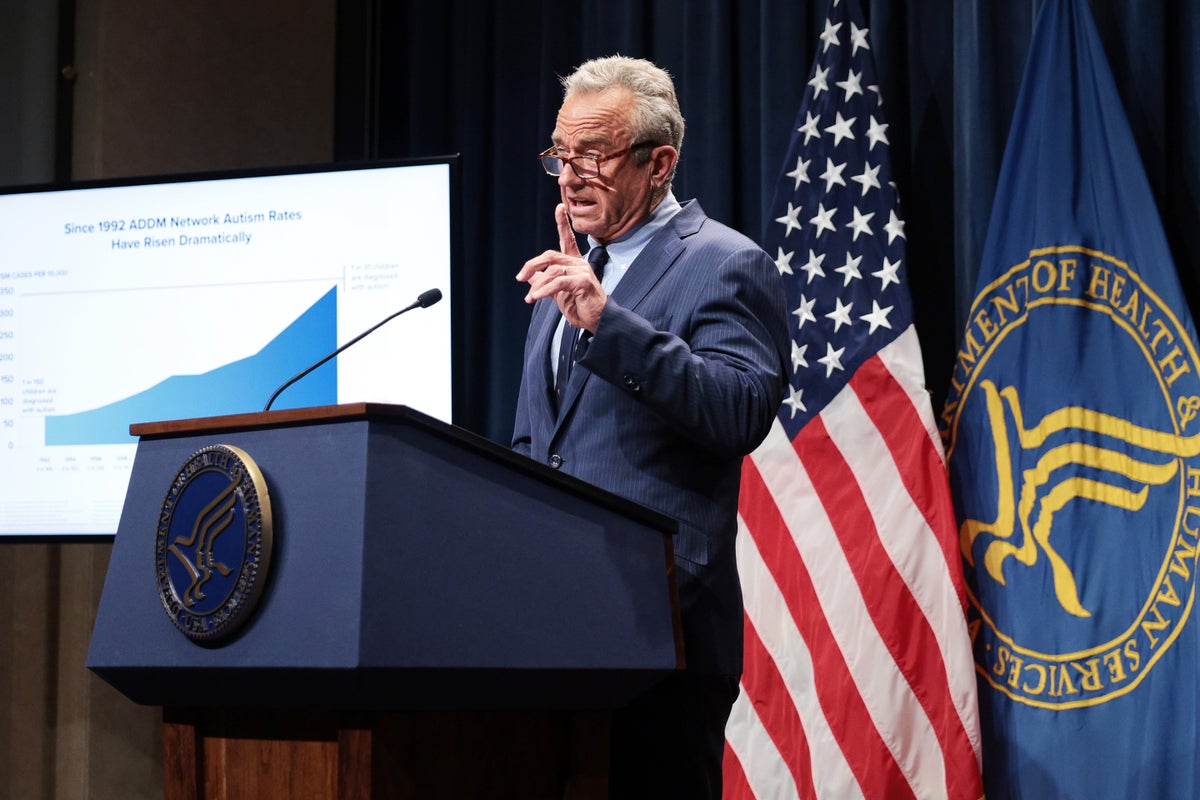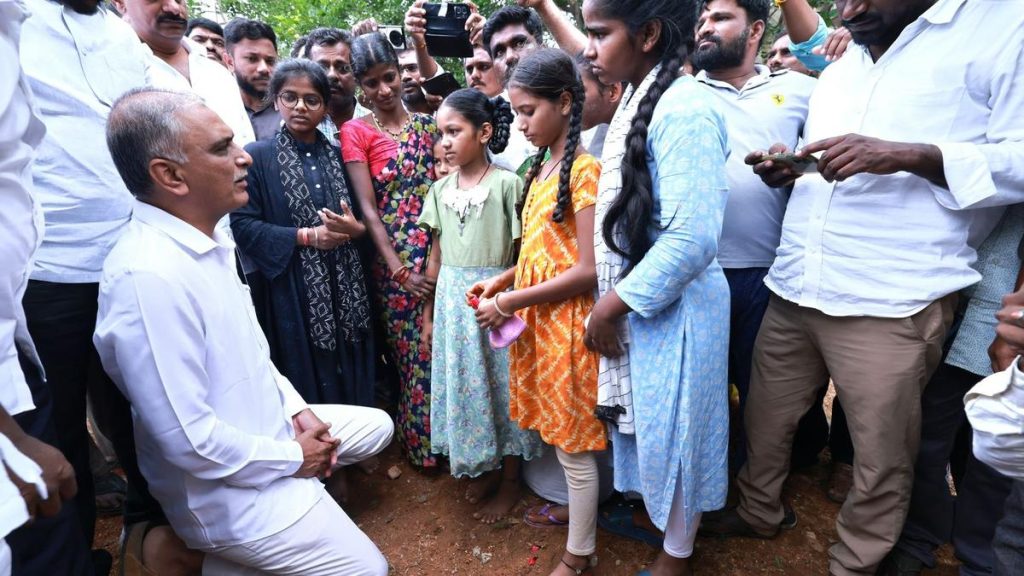Now Reading: Experts and Parents Dispute RFK Jr.’s Claims on Autism
-
01
Experts and Parents Dispute RFK Jr.’s Claims on Autism
Experts and Parents Dispute RFK Jr.’s Claims on Autism

Quick Summary
- autism research over the past 30 years attributes 60-90% of the condition to genetic factors, while nongenetic factors during pregnancy may also contribute.
- U.S. Secretary of Health and Human Services Robert F. Kennedy Jr., claimed autism prevalence rates indicate an “epidemic” caused by environmental toxins, dismissing genetic contributions as primary causes.
- Kennedy advocates ending funding for genetic autism research and focusing exclusively on environmental factors.
- The NIH and CMS announced plans to develop a “data platform” using Medicare/Medicaid data to study autism but clarified they are not creating an “autism registry.”
- Concerns from advocacy groups and scientists have emerged regarding misleading references to vaccines, privacy issues in data collection, dismissal of previous scientific findings, and lack of involvement from the broader autism-related scientific community.
- Helen Tager-Flusberg, a prominent researcher in neurodevelopmental disorders, has formed a Coalition of Autism Scientists with over 250 members opposing Kennedy’s perspectives.
- Advocacy organizations express frustration with federal efforts concerning ethics in privacy protections and potential misrepresentation of established science.
Indian opinion Analysis
This debate signals key challenges for India’s approach to public health policymaking aligned with advancements in global understanding.In India’s context-where genetic research capacity is still developing-the insistence on prioritizing one factor over another could risk oversimplifying highly complex conditions like autism spectrum disorder (ASD). Scientific evidence recognizes that both genetics (heritable traits) and nongenetic contributors interact intricately; decisions limiting funding or exploration may hinder balanced inquiry.
India should proactively learn from issues flagged internationally: ethical concerns around big data use (e.g., patient registries), respecting diverse ASD cases ranging from profound impairment to high-functioning individuals advocating against stigmatized “cures,” while firmly grounding efforts within scientifically validated frameworks amid societal pressures linked healthcare-policy doubts




























